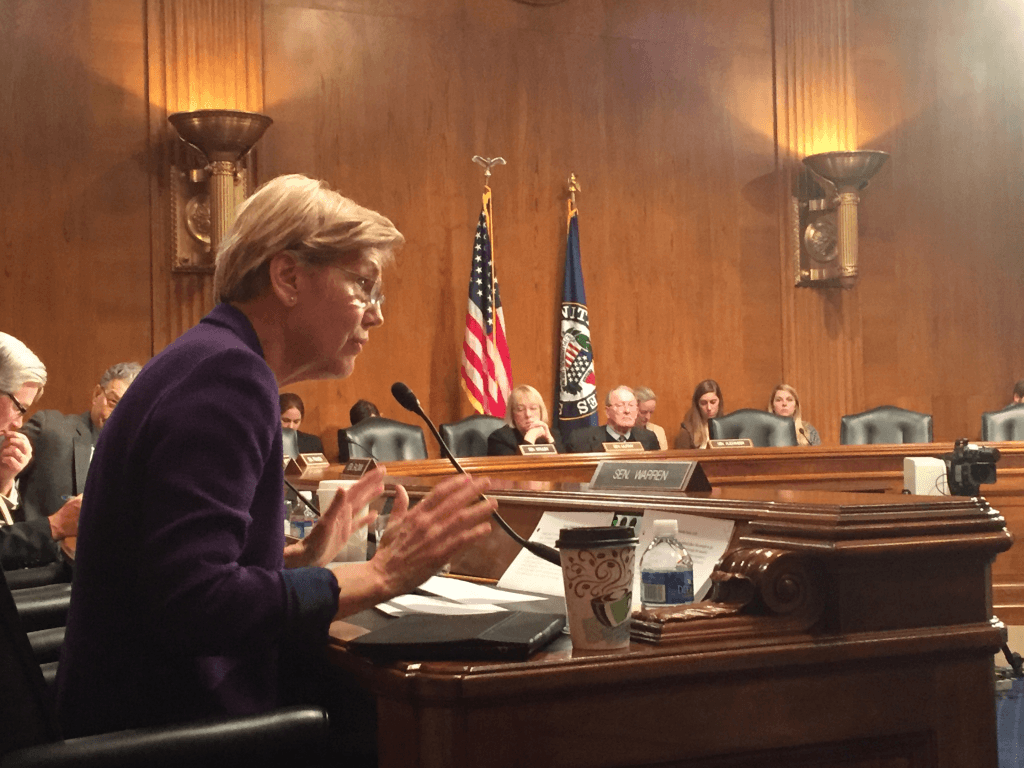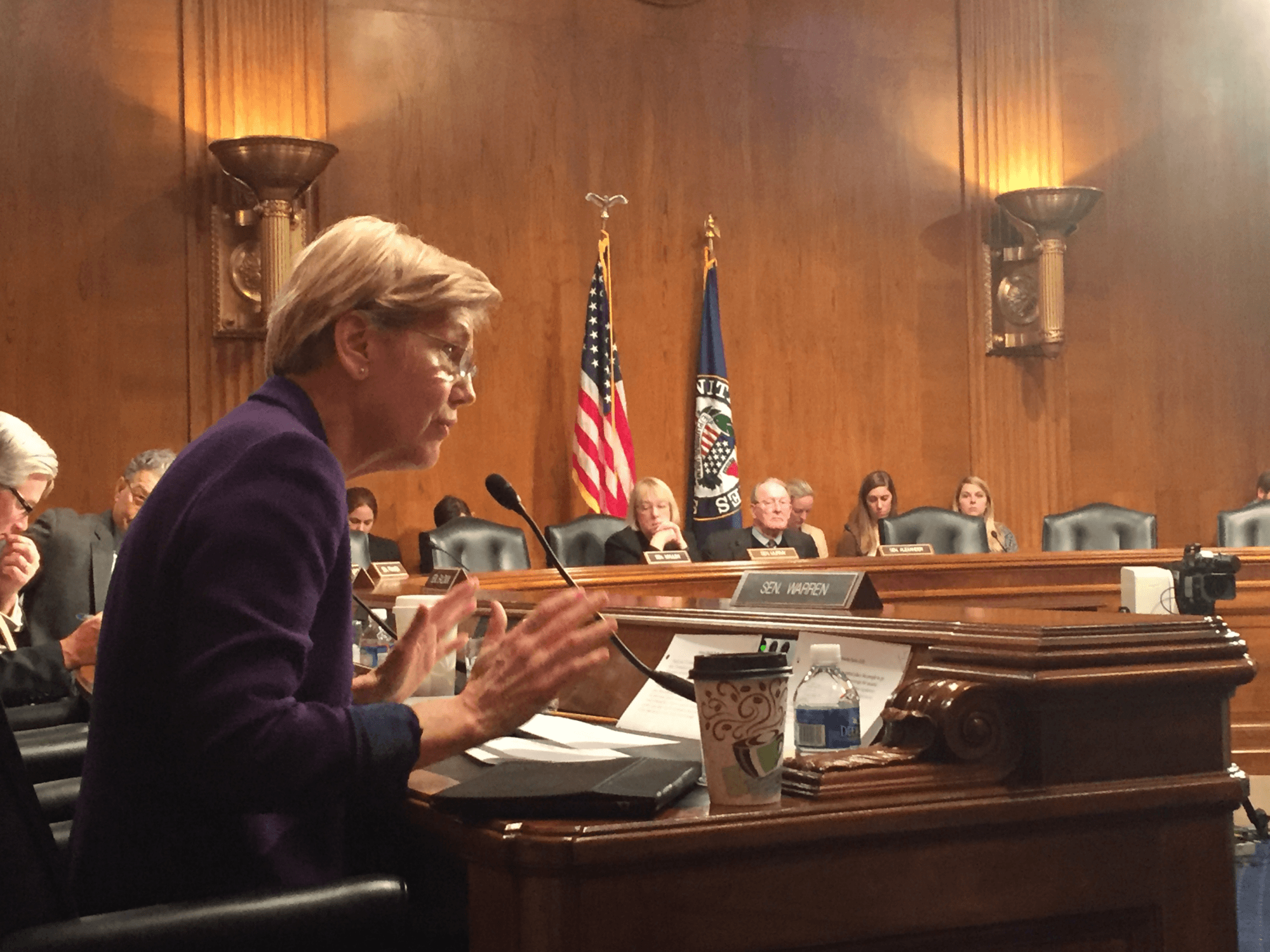
Sen. Elizabeth Warren, D-Mass., called on the committee to create a central organization that would provide help for people denied insurance coverage for mental health treatment.
WASHINGTON — An influential Senate committee reaffirmed bipartisan support for dealing with America’s growing mental health crisis and promised to take quick action to improve treatment and awareness programs, particularly those geared to adolescents.
A 2014 survey by the Substance Abuse and Mental Health Services Administration found that approximately one in five adults had a mental health condition in the past year, but almost 60 percent of them went without treatment.
The Health, Education, Labor and Pensions Committee linked this statistic to America’s increasing rate of suicide, which hit a record high in 2014. Suicide currently stands the country’s 10th leading cause of death.
On Feb. 9, the HELP committee is scheduled to consider the Mental Health Awareness and Improvement Act, a bill that seeks to reauthorize and improve federal programs related to mental health and drug abuse. In preparation for work on the bill and two related pieces of legislation, the panel on Wednesday sought out experts for advice on how the government can most effectively tackle the problem.
Witnesses emphasized the importance of improving education and awareness at an early age through school programs. Doing so could have a lasting impact on adolescents’ overall health well into adulthood.
Hakeem Rahim, an advocate for mental health awareness, has observed that many young adults suffering from mental illness don’t seek treatment because they don’t want their friends or family to find out. By addressing this stigma early on in schools, he said, kids can gain the courage to seek help when they may otherwise have not.
Dr. William Eaton, a professor at Johns Hopkins School of Public Health, also touted the necessity of early treatment in curbing serious illnesses, such as schizophrenia, before they become too severe. Over 50 percent of people predisposed to disorders like psychosis, bipolar and depression begin showing symptoms by age 15, he said. Treating these people early on could keep the disease in check and prevent it from consuming lives.
Eaton also elaborated on the connection between mental illness and physical illness. People with depressive disorders, for example, face two to three times the risk of developing diabetes and having a heart attack or stroke. Early treatment of mental illness could reduce this risk, saving money on potential health care expenses down the line.
The committee determined that in addition to increasing mental health awareness efforts and promoting treatment, federal legislation must also expand people’s access to mental health care facilities to meet the needs of the more than 97 million Americans who live in areas lacking proper treatment options.
The hearing comes after House Speaker Paul Ryan vowed to push meaningful mental health legislation through Congress this year. Ryan’s agenda includes the Helping Families in Mental Health Crisis Act, which sits before the House Energy and Commerce Committee. If passed, it would focus services on those patients and families affected by the most severe mental illnesses.


